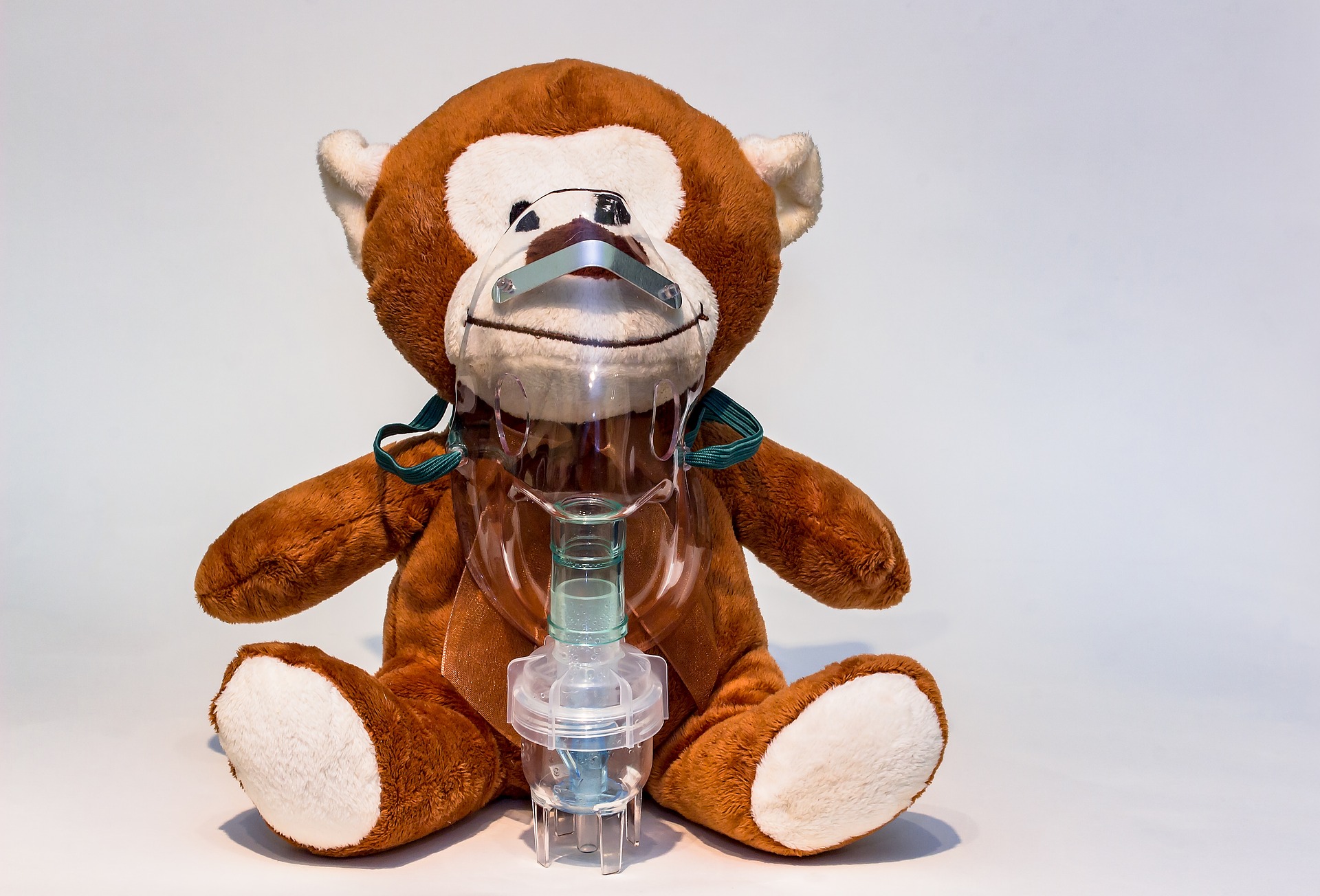Lung diseases are responsible for a significant number of deaths in the U.S. Many of these diseases are categorized and treated depending on the nature of their causes. Chronic obstructive pulmonary disease is generally caused by smoking, pneumonia likely occurs when microorganisms infect the lungs, and cystic fibrosis (CF) is known to be caused by a specific genetic mutation. Although there currently are treatments available for these diseases and the majority of others, many people still die every year due to diseases of the lung. This unfortunate fact suggests that much more research needs to be done towards both further understanding disease mechanisms as well as creating more effective treatment options. Fortunately, a recent study may have contributed to the latter.
Image Source: Dorling Kindersley
Researchers have created inhalable nanosized spheres made of polymers and RNA that could be introduced to mice through nebulizers, which are devices used to convert liquid medication into a mist form. The type of RNA they used, called messenger RNA (mRNA), encodes a specific protein that may then be synthesized in cells. In the study, the researchers used mRNA that encoded a bioluminescent protein in order to show that the particles entered the mouse’s lung cells and that translation of the mRNA occurred; subsequent imaging confirmed this. They also found that the mRNA was taken up by all lobes of the mice’s lungs and specifically by the epithelial lung cells, which are mutated in the lungs of those with CF. The researchers further reported that the polymers they used are readily biodegradable and are less likely to pose the harmful side effects associated with polymers used in other similar studies.
Image Source: Science Photo Library – PIXOLOGICSTUDIO
The findings of this study suggest that mRNAs may serve as a therapy for certain lung diseases like CF. For example, symptoms associated with CF may potentially be alleviated by introducing mRNAs that encode the corrected form of the protein mutated in affected individuals. In fact, a company has already begun clinical trials to test the efficacy of this therapy. If such trials are successful, those with lung diseases may have more treatment options to choose from.
Feature Image Source: Myriams-Fotos










